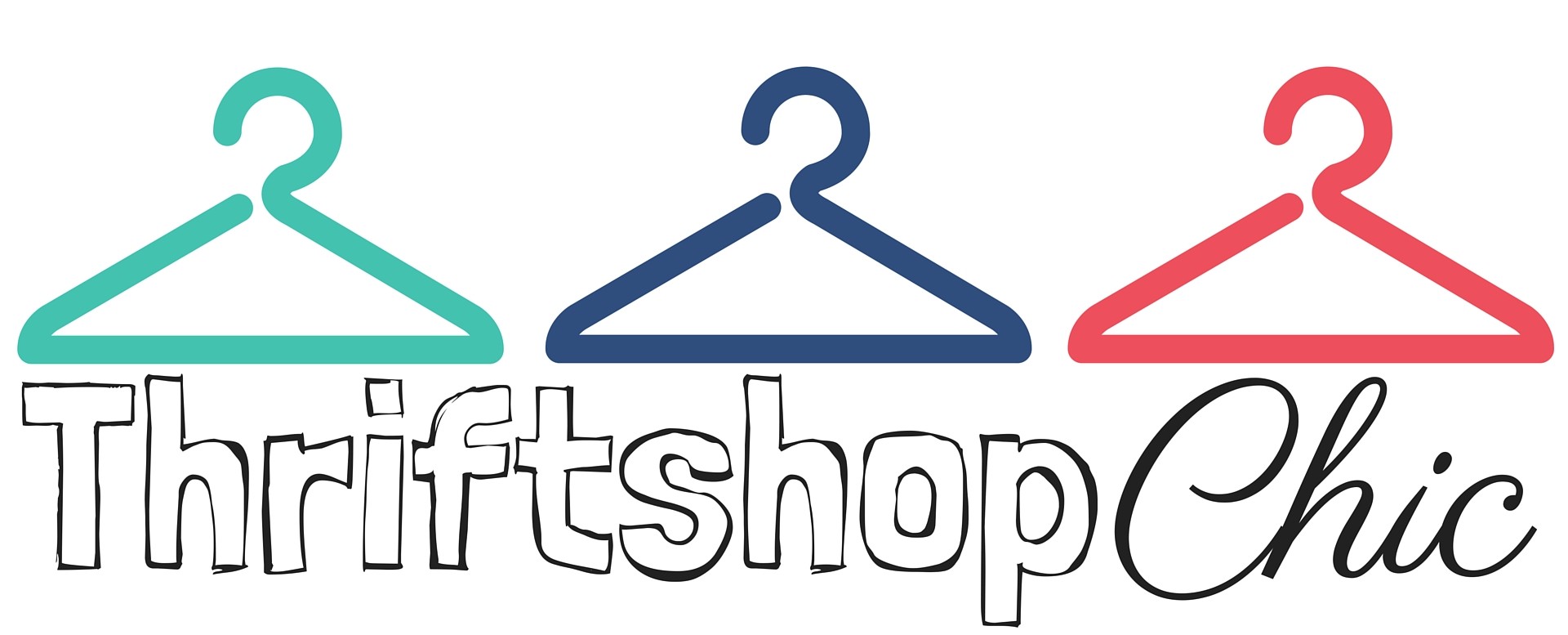Tuesday’s post on şalvar/Hammer pants/jupe-culotte (aka “harem pants”) got me thinking about the power held by the words we use to talk about the way we dress.
Caroline at Un-Fancy blogged last week (in a post featuring a great thrifted sweater!) about how she’s been “hearing murmurs that skinny jeans are on their way out” but that she was in no way ready to give up her skinny jeans “any time soon.”
Good on her for sticking with clothing she loves even if it’s not “cool” or “trendy” anymore. (That’s basically my entire style strategy—and, I might note, thrift stores make this eminently possible.)
But commenter Lynn brought up a powerful point:
When women start repeating those “murmurs” it becomes a self-fulfilling prophecy, doesn’t it? It’s no secret that the fashion industry – that very one that Caroline is talking about slowing down, making it work for us instead of us working for it – wants trends to change. For when women begin to believe skinny jeans (for example) are going out of style, it’s not just new jeans we’ll be buying. It’s new shoes, new tops, all to find the right new silhouette.
The language we use to talk about what we wear has the power to shape not only our attitudes and behaviors, but to reinforce global realities like the fast fashion industry, which is unquestionably damaging to millions of women (and men, and children) around the world who work in dangerous, vastly undercompensated conditions to make the clothes that fuel the changing trends—“harem” pants, skinny jeans, or otherwise—which we embrace and reject with such regularity.
(If you’re still not sure you think words have power…Google “slave bracelets” and tell me why it’s okay to normalize women’s slavery with trendy jewelry in a world where it’s still all too real. Thanks, Ginna, for this lead as well!)
What do you think about the power of words to describe clothing or to talk about fashion? Any other instances you can think of (besides rompers and playsuits) where we problematically label clothing, particularly women’s clothing? Scroll down to comment!

